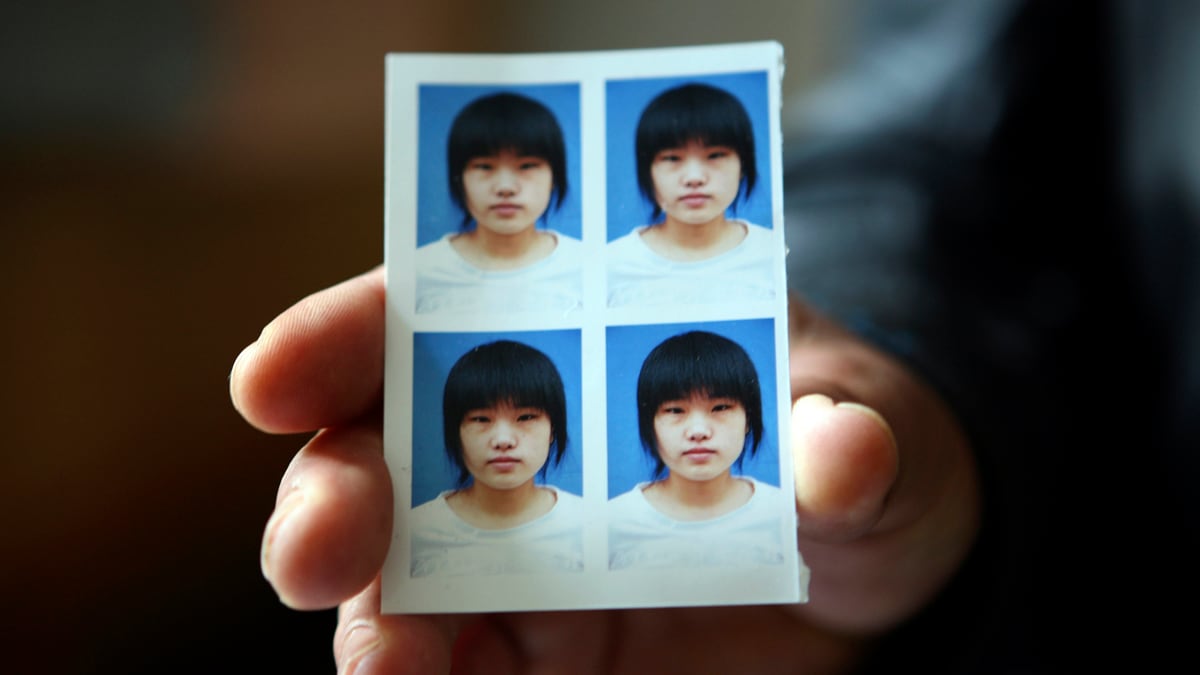BEIJING—The violent episode, caught on security camera, unrolls like a scathing commentary on the perils of life in today’s China.
An irate man, Lu Jianbo, attacks a woman with a knife, repeatedly stabbing her while neighbors scream, but otherwise do nothing. They certainly don’t call the police. Why would they? Lu, a 31-year-old civil servant, is the son of a high-ranking police official in the city of Jingjiang in Jiangsu province. With that kind of connection, Lu is invincible—and he knows it.
“My family runs the public security bureau,” he shrieks. “Killing people is not a problem!”
Indeed, Lu’s father is the police bureau’s “deputy political commissar” who oversees the administration, finance, and infrastructure departments—a position of outsize influence and control that most citizens would never dream of challenging.
And certainly not Zang Hongmei, who miraculously escaped Lu’s attack by finding shelter in a nearby building. Chinese media reported that Zang and her family have been embroiled in a long-standing feud with the Lus over public property Lu’s parents have taken for themselves.
"Lu's family has taken over public green space and has been erecting illegal structures for a long time and many residents have called the mayor's hotline to complain," Zang’s husband told the Beijing News.
When the security camera footage leaked onto China’s Internet, the ensuing outrage quickly made it viral—until Chinese government censors removed it from websites within the country’s “Great Firewall.” In a nation where the abuse of power is as common as soy sauce, Chinese authorities routinely side with the powerful aggressor, lest public opinion turn against those who rule.

In the free world, this kind of violent attack would lead to an arrest, trial, and possible protests. But in China, those who are supposed to enforce the law are all too often above the law. Lu has reportedly been detained, the result of a publicized scandal rather than the wheels of justice at work, say analysts.
“The thing to remember is that for every case like this that goes viral, on a daily basis there are countless cases of people with fancy cars and powerful connections who get away with murder,” said Jeremy Goldkorn, a Beijing-based expert on the Chinese Internet.
This case is just the latest in a long list of episodes where the relatives of police officers throw their weight around with often fatal results. In 2010 the son of a public security bureau’s deputy director was drunk driving on a university campus when he hit two students, killing one and severely injuring the other. Rather than stop to help, the man drove off. Upon his arrest by security guards, the man shouted, "Go ahead, sue me if you dare. My dad is Li Gang!”
“My dad is Li Gang,” quickly became a dark meme across China, a viral slogan that became a rallying cry for a public fed up with the arrogance and immunity of the country’s corrupt elite.
After the “Li Gang” incident erupted into public view, the Chinese government went into crisis-control mode, banishing media coverage and pressuring the victims’ families into taking compensation even as their lawyers were thrown off the case. It’s a typical tactic in China, where the authorities do all they can to stifle justice as part of the government policy known euphemistically as “stability maintenance.”
For many Chinese and China observers, the Lu case is a disheartening reminder that little has changed since “My father is Li Gang” dominated public discourse.
“There were those who thought that because the Li Gang case received so much attention it would have deterred other officials’ relatives from engaging in the same behavior,” said Flora Sapio, a law professor at the Chinese University of Hong Kong. “But it seems to have had no effect.”
“This belief that you’re above the law because your father or brother or uncle is in the police is pervasive in Chinese society,” added Sapio. “And the more people find out about it the more it’s going to increase the phenomenon of social instability.”






